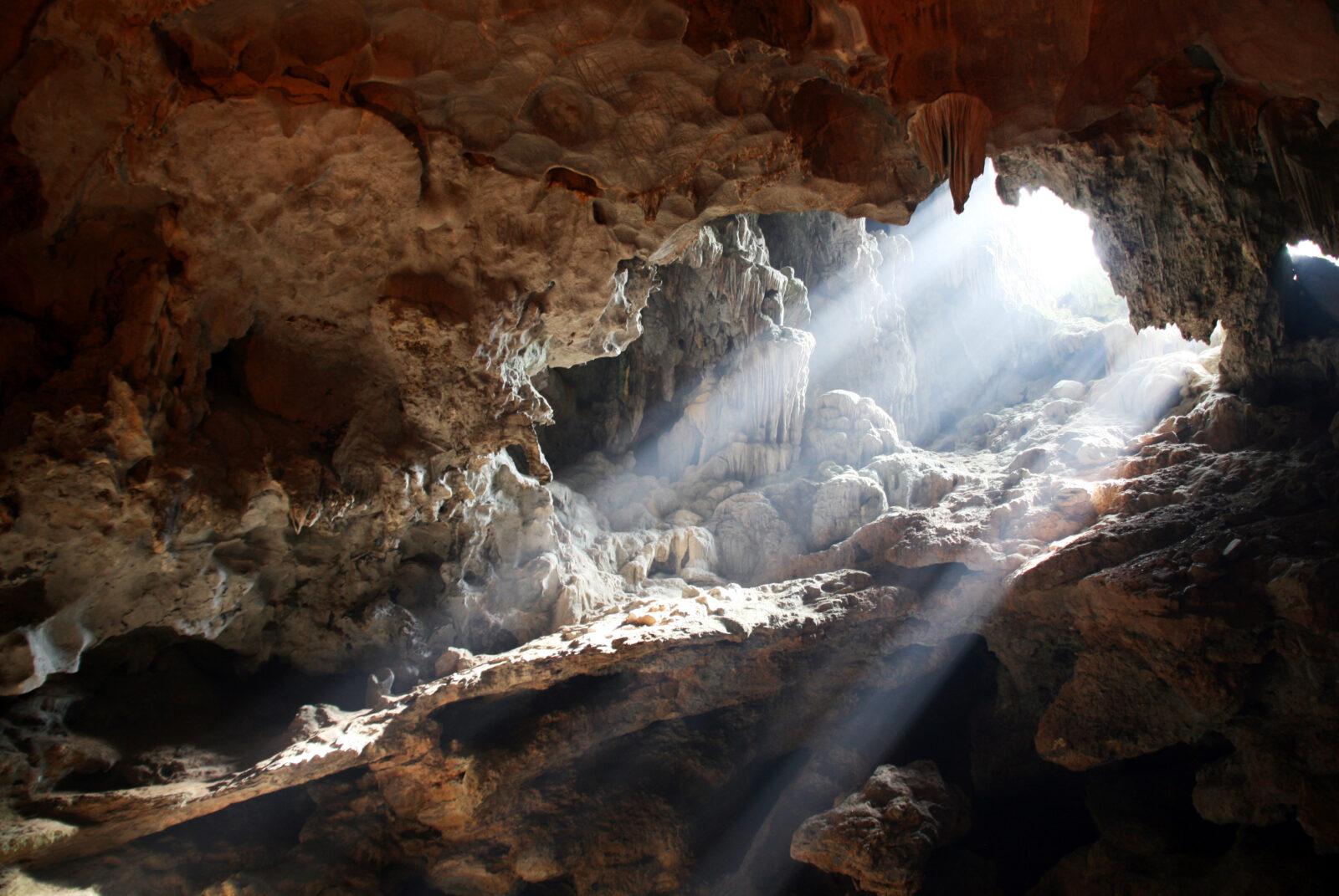


New South Africa Book Explores Evidence of Design
Today’s ID the Future spotlights a new free online ID book from South Africa, Science and Faith in Dialogue, with contributions from Stephen Meyer, Hugh Ross, Guillermo Gonzalez, James Tour, Fazale Rana, Marcos Eberlin, and others. Geologist Casey Luskin joins host Eric Anderson to tell how the new peer-reviewed book came together and to describe the chapter he contributed, “Evolutionary Models of Palaeoanthropology, Genetics, and Psychology Fail to Account for Human Origins: A Review.” Luskin did his PhD in South Africa and had many opportunities to study various hominid fossils. Here he explains why he is convinced that intelligent design far better explains the fossil evidence than does Darwinian evolution.

Casey Luskin’s South Africa Adventures
On this ID the Future, Rob Crowther interviews geologist Casey Luskin, recently back from getting his PhD in geology at the University of Johannesburg in South Africa. Luskin, who formerly worked for Discovery Institute’s Center for Science and Culture, and has just now rejoined the CSC, tells about his adventures doing field research in Africa, his side interest in human origins, his cross-cultural experiences, the amazing game parks, museums, and fossil sites he visited, and a little bit about his PhD, including some evidence suggesting that parts of Africa and Western Australia used to be connected.
Günter Bechly: Human Evolution’s Once ‘Indisputable Facts’ Now “Dead Theory”
On this episode of ID the Future, Andrew McDiarmid interviews paleoentomologist Günter Bechly about human evolution, and how the story keeps getting rewritten. The “out of Africa” story was once “indisputable,” but recent evidence has overturned it; it’s now “dead.” The human phylogenetic tree is riddled with question marks. An original human pair is no longer out of the question. So much weakly founded evidence has been oversold in the past, says Bechly, it’s still wise to apply a healthy dose of skepticism toward today’s “indisputable facts” of human evolution. Please consider donating to support the IDTF Podcast.